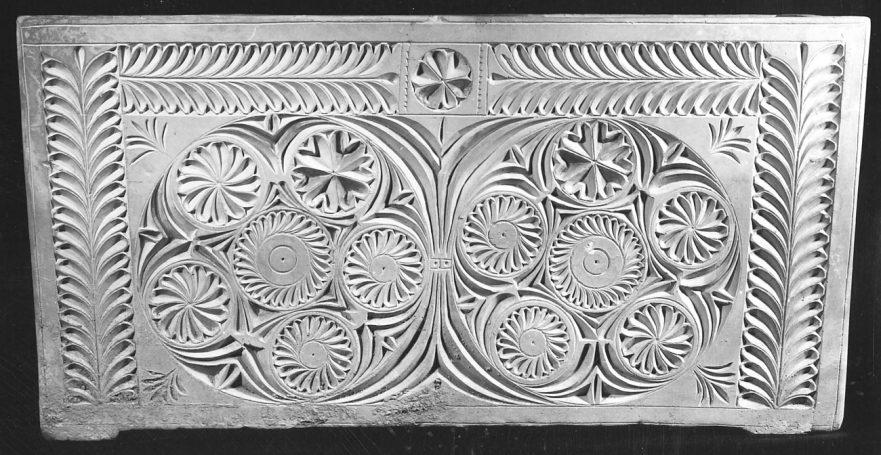The high priest Joseph Caiaphas is known not only from the New Testament Gospels as the high priest who opposed Jesus and his early followers, but also from Josephus the Jewish historian who lived in the first century C.E. In this video Marc Turnage provides an historical sketch of this pivotal character.
The Lindseys of Israel

This documentary, which was filmed in 1975, offers a rare glimpse into the life and work of Dr. Robert L. Lindsey.
The Messianic Consciousness of Jesus: Lesson 07
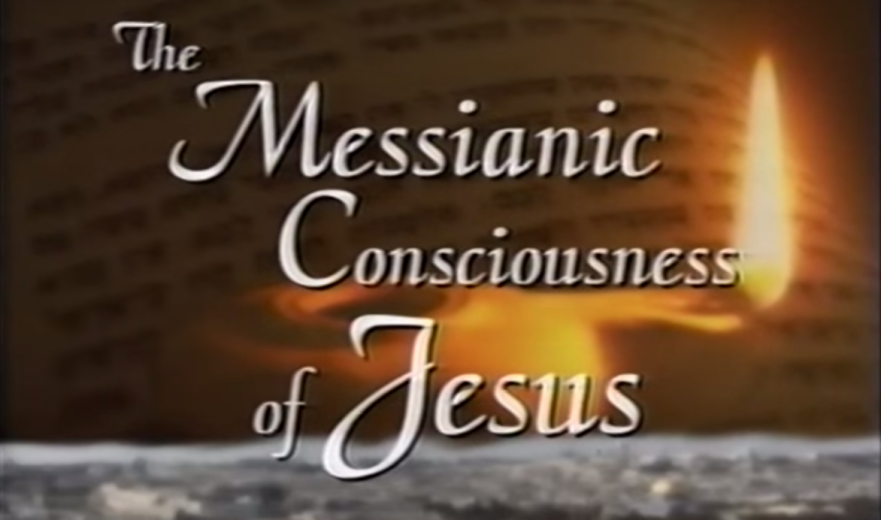
In Lesson Seven of The Messianic Consciousness of Jesus series, Dr. Robert L. Lindsey continues his discussion of Jesus’ sermon in the Nazareth synagogue.
The Messianic Consciousness of Jesus: Lesson 06

In Lesson Six of The Messianic Consciousness of Jesus series, Dr. Robert L. Lindsey examines the story of Jesus preaching in the Nazareth synagogue (Luke 4:16-21).
The Messianic Consciousness of Jesus: Lesson 05

In Lesson Five of The Messianic Consciousness of Jesus series, Dr. Robert L. Lindsey examines Jesus’ saying about the son who knows the father (Matt. 11:27 // Luke 10:22).
The Messianic Consciousness of Jesus: Lesson 03

In Lesson Three of The Messianic Consciousness of Jesus series, Dr. Robert Lindsey examines the story of Jesus’ baptism.
The Messianic Consciousness of Jesus: Lesson 02

In Lesson Two of The Messianic Consciousness of Jesus series, Dr. Robert L. Lindsey examines the interrogation of Jesus by the chief priests and the origin of the Son of God concept.
The Major Importance of the “Minor” Agreements
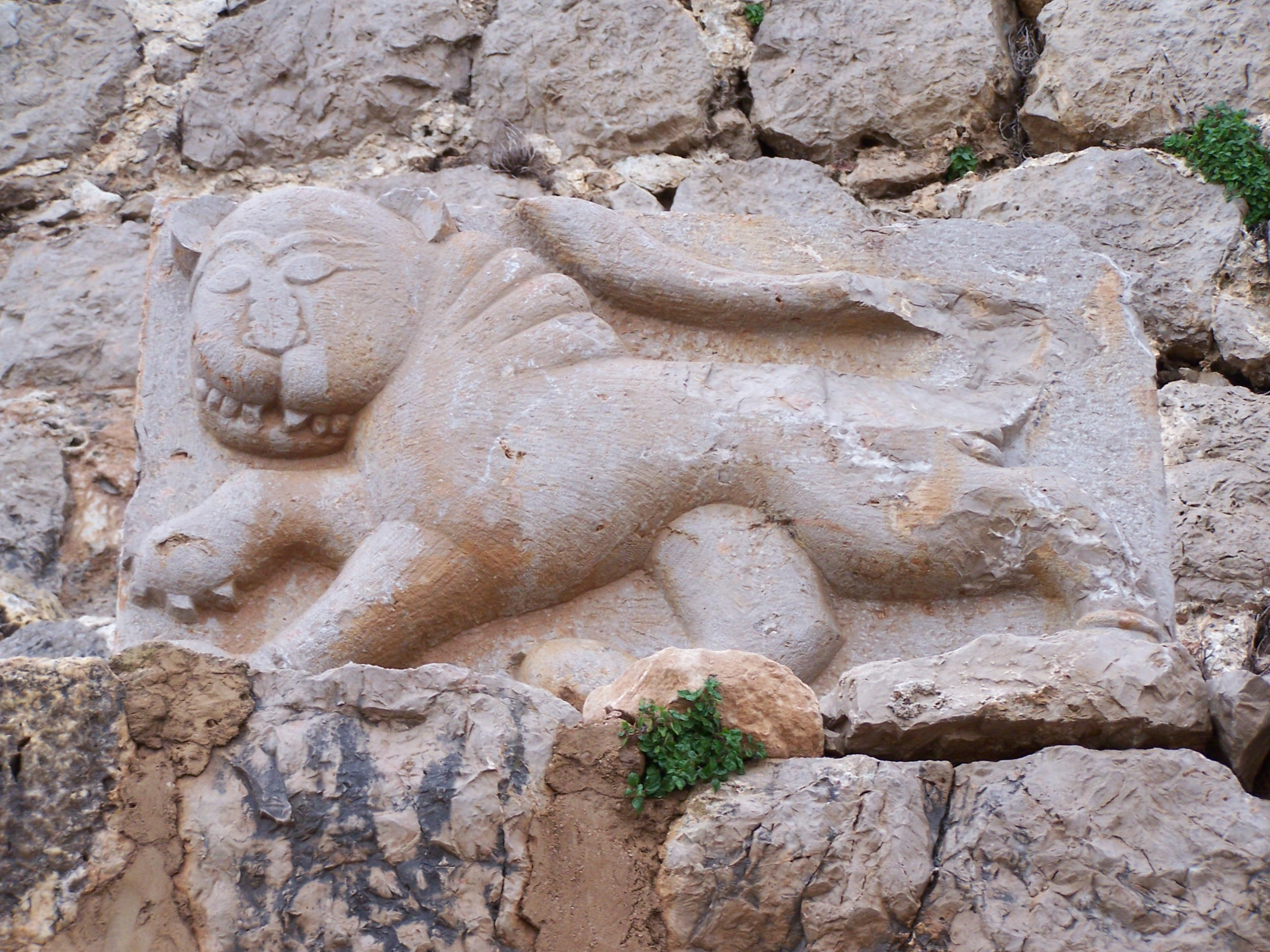
In this article, Dr. Robert Lindsey discusses the importance of the so-called “minor agreements” of Luke and Matthew against Mark for properly understanding the interrelationship of the Synoptic Gospels. David N. Bivin and Joshua N. Tilton collaborated with Lauren Asperschlager to bring this article, which previously existed only as an unfinished draft, to Jerusalem Perspective subscribers.
Video Clip: Randall Buth on “A Hebraic Approach to the Resurrection of Jesus”

In this video clip, Randall Buth discusses the Hebrew background to the resurrection narratives in the Synoptic Gospels.
Robert Lindsey’s Theory of How the Synoptic Gospels Came into Being

The purpose of this video is to describe Robert Lindsey’s theory of how the Gospels of Matthew, Mark and Luke came into being and how they are related to one another.
Not Everyone Can Be Yeshua’s Disciple
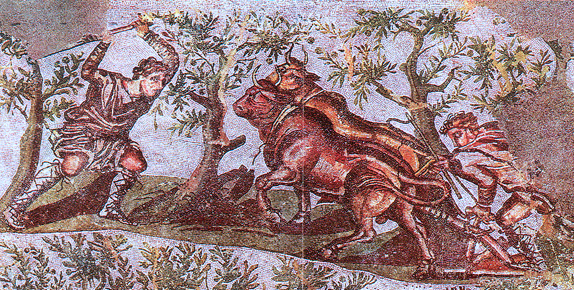
When three eager prospective disciples asked permission to follow Jesus, Jesus responded to each of them with a riddle. Why would God allow Jesus and his followers to sleep on the ground when he provides safe places even for the animals to sleep? How can the dead bury a corpse? Why would a disciple set his hand to a plow when Elisha had given up plowing in order to follow Elijah? These riddles would have to be puzzled over before their meaning was fully understood. But each of the riddles were ominous, and it appears that each of the three prospective disciples reconsidered his desire to join Jesus.
Tower Builder and King Going to War Similes

The Tower Builder and King Going to War similes explain why Jesus thought full-time discipleship was not suitable for everyone.
A Nativity Meditation for 2014

Again and again in the nativity narratives communication somehow breaks down. The story of Jesus’ birth begins with scrambled communications, but that is not where the story ends. In the course of the story, God works through imperfect people to give them the perfect gift of the Messiah.
Notley Lecture: “Between the Chairs: New Testament Evidence for the Hebrew Jesus Spoke”
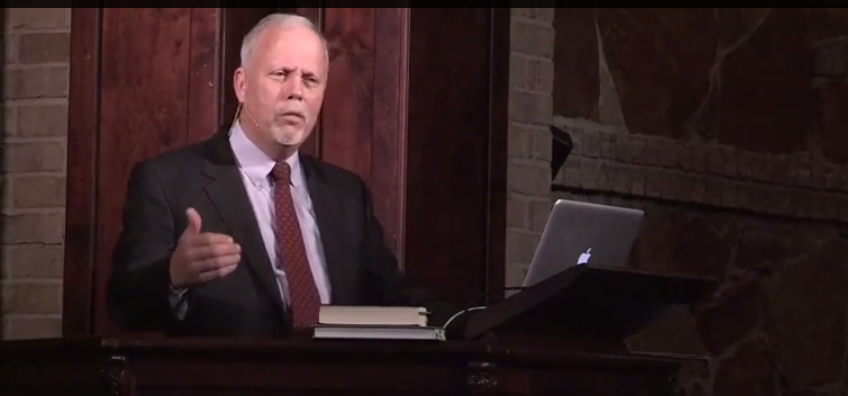
Dr. R. Steven Notley is a contributor to Jerusalem Perspective and member of the Jerusalem School of Synoptic Research. He is Professor of New Testament and Christian Origins at Nyack College in New York. In this lecture Dr. Notley discusses examples of how the Hebrew language influenced the Greek text of the canonical Gospels.
Demands of Discipleship

“Anyone who wants to join me but puts family ties or love of self ahead of me cannot possibly be my full-time disciple. Anyone who is not prepared to die cannot possibly be my full-time disciple. Anyone who does not renounce his possessions cannot possibly be my full-time disciple.”
Rich Man Declines the Kingdom of Heaven

In order to join Jesus band of full-time disciples the rich man would have to adopt a radically different lifestyle than the one to which he was accustomed.
LOY Excursus: The Kingdom of Heaven in the Life of Yeshua

In this excursus to the Life of Yeshua commentary, David N. Bivin and Joshua N. Tilton delve into the ancient Jewish concept of the Kingdom of Heaven and discuss the ways in which Jesus made use of this concept in his own unique style.
Widow’s Son in Nain
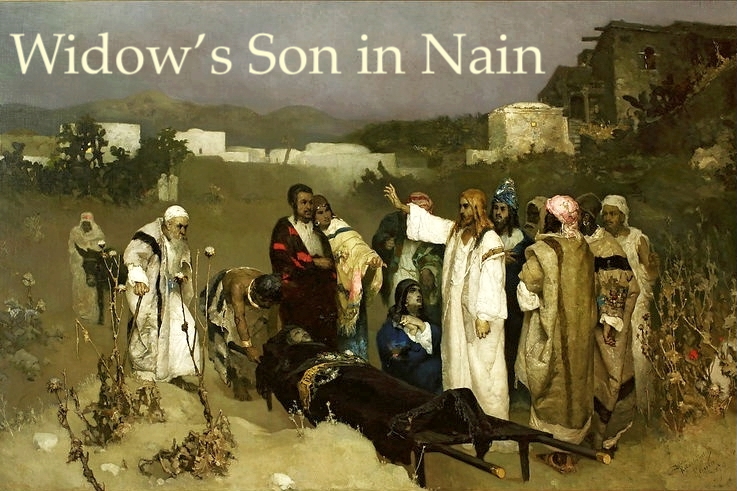
In Widow’s Son in Nain, David Bivin and Joshua N. Tilton ask “Which Nain was the town where Jesus raised the widow’s son?” and “What is the meaning of the people’s exclamation that a prophet had arisen among them?” The possibility of a Judean ministry early in Jesus’ career and of the messianic connotations of the Widow’s Son in Nain story are discussed in detail in this segment of the Life of Yeshua commentary.

